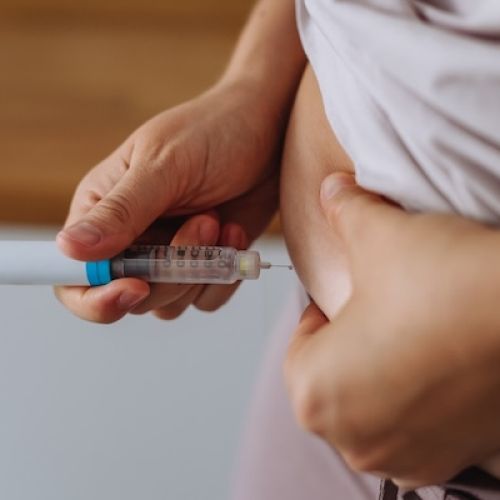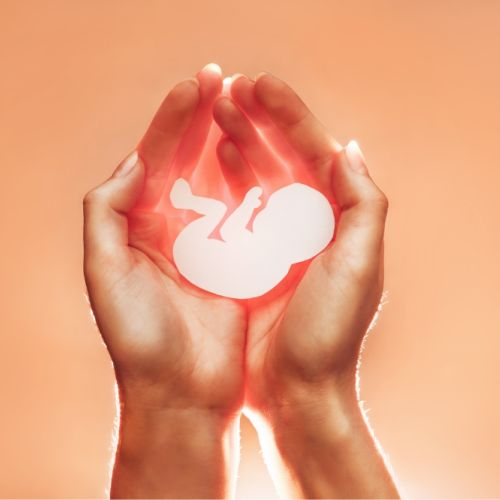The Benefits of Egg Freezing

Egg freezing has been used to preserve female fertility since the late 1990s. It was first offered to young women diagnosed with cancer, so they could protect their ability to have a biological child if the disease or its treatment left them sterile.
Today egg freezing is available for any woman who wants to temporarily stop her biological clock for a better chance at having a healthy baby — when the time is right for her.
If you’re not ready to have children yet, but you know you want them someday, egg freezing can help you control your fertility until you finish your education, meet the right partner, take your career to the next level, or build your nest egg. In short, egg freezing has revolutionized the way women approach family planning.
Here at California Center for Reproductive Health, we’re proud to offer an affordable and effective egg freezing program built on advanced cryopreservation protocols. If you’d like to know how egg freezing can benefit you, read on:
Egg freezing pauses your biological clock
The average woman is born with about three million eggs in her ovaries. Every day of her life, some of those eggs reach a certain point of maturity, stop growing, and die off. By the time a woman reaches puberty, she has closer to 300,000 eggs, and those number continue to decline with age.
The number of eggs in a woman’s ovaries — also known as her ovarian reserve — is most favorable for reproduction when she’s in her early twenties. At this age, the odds that a woman will get pregnant each month is about 25%. Those odds drop to 15% when women enter their thirties, and plummet to just 5% by their 40s.
Because egg freezing harvests eggs from your ovaries for long-term cryopreservation in a sterile laboratory environment, it helps protect your ability to have biological children later in life, when your ovarian reserve is too low for you to easily become pregnant.
Egg freezing helps preserve egg quality
Declining egg numbers aren’t the only thing you need to worry about as you age — the quality of your eggs is also more likely to suffer as time goes by.
An immature egg has 92 chromosomes, which is twice the amount of any other cell in your body. As eggs mature, they systematically reduce their number of chromosomes down to 23. Then when an egg is fertilized by a sperm, which also has 23 chromosomes, the new embryo has 46 chromosomes, which is the right number for a healthy human baby.
As you age, the mechanisms that help eggs reach maturity with the correct number of chromosomes don’t function as well as they used to, and your eggs are more likely to contain chromosomal errors. These errors tend to become more common starting at about the age of 35, which is why women past that age have an increased risk of suffering a miscarriage or having a baby with genetic abnormalities.
Preserving your eggs when you’re in your thirties is an ideal way to protect their integrity and ensure you have healthy eggs available should you wish to become pregnant in your late thirties or early forties.
Egg freezing puts you in control
Egg freezing allows you to focus on your life goals in your early adult years without feeling the constant worry of a ticking biological clock. It can take away your anxiety about your future fertility and leave you feeling empowered.
But preserving your eggs isn’t just about securing your future fertility — it’s also about taking the pressure off your shoulders for a while, so you don’t have to rush into a relationship or take on more than you’re ready for, just because you’re getting older.
If you’d like to learn more about the benefits of egg freezing, call our office today, or schedule a visit using our convenient online booking tool. We’re here to help you.




